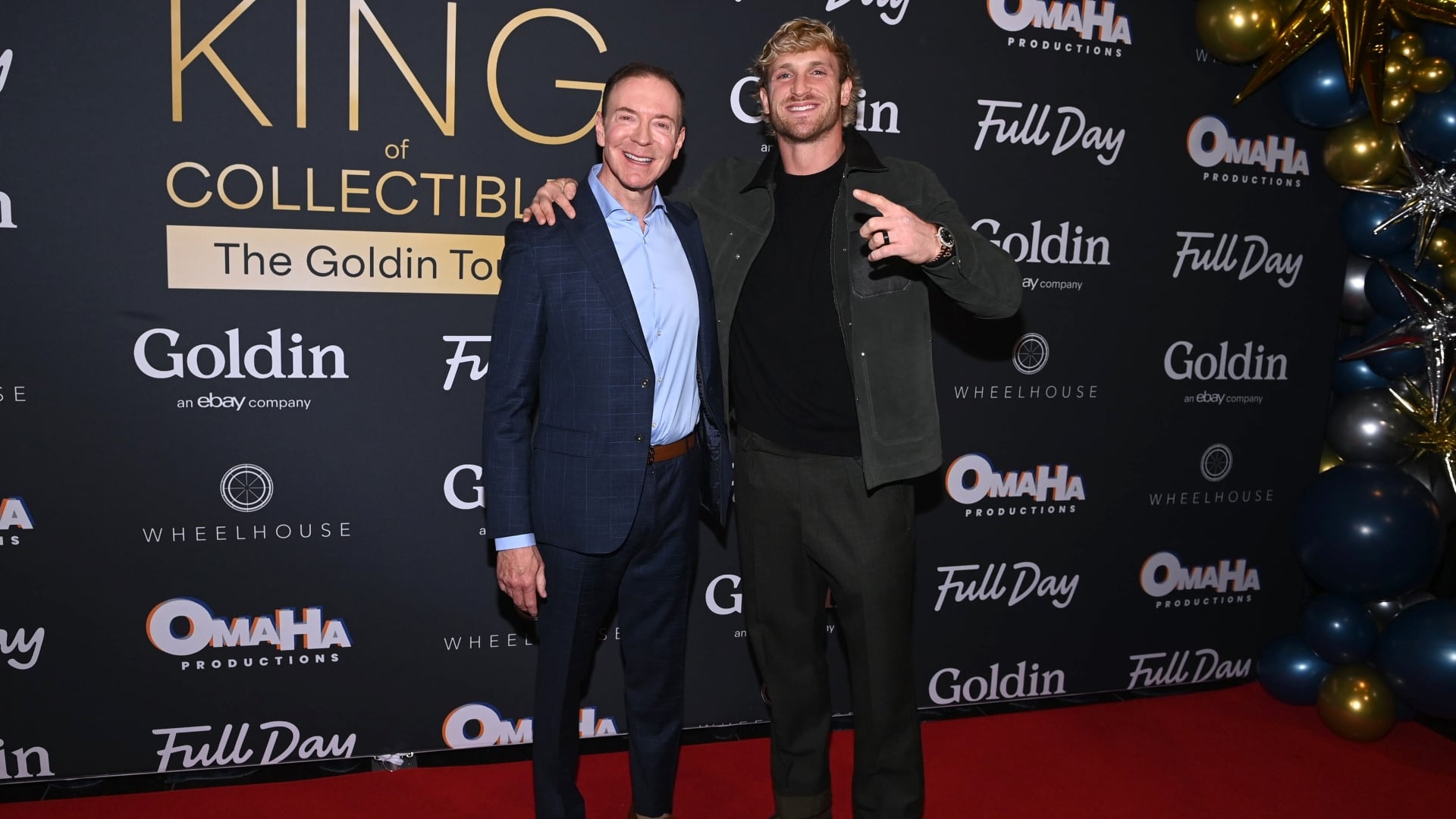While the U.S. economy shrank at an annualized rate of 32.9 percent during the second quarter, the downturn didn't seem to affect Facebook at all.
The social media company, which posted its quarterly report on Thursday, crushed analysts' expectations with reported earnings of $1.80 and revenue of $18.7 billion for Q2 of 2020. It also reported 1.79 billion daily active users (DAUs) and average revenue per user (ARPU) of $7.05 for the quarter.
Overall, Facebook's revenue grew 11 percent despite some public anger over the company's decision to maintain a more hands-off approach to moderating violent or racist content. In response, many notable brands, including Unilever, Verizon, and Ford, decided to participate in the #StopHateForProfit campaign, which called on marketers to pause Facebook advertising in protest during the month of July.
Facebook said it is on the same page as many of its users and advertisers in that it doesn't want this content on its platforms, nor does it see it as profitable material.
"Yet some seem to wrongly assume that most of the content on our services is about politics, news, misinformation, or hate," CEO Mark Zuckerberg said on a call with analysts. "Let me be clear: it's not. These make up a small part of the content on our services, although they are all things that people generally tell us they'd like to see even less of. We do not profit from misinformation or hate, and we do not want this content on our platforms."
While the campaign has gained a lot of press attention, it doesn't seem to be affecting Facebook's bottom line. The company said in an earnings release it observed 10 percent year-over-year revenue growth through the first three weeks of the month despite the ad boycott, ahead of analyst estimates for 7.9 percent growth. It believes it can sustain that level throughout the year despite economic uncertainty.
Media buyers that spoke to Cheddar said that while some companies were participating in the July boycotts, they were still planning on rejoining the platform in August or later in the year. Also of note, some were just pausing advertising on Facebook and not other apps in the company's portfolio, which includes Instagram and WhatsApp.
During the last quarter, Facebook benefitted from people sheltering-in-place. It's platforms allowed friends and families to communicate with each other and helped small businesses connect with consumers. The company did note usage levels may decline slightly or remain flat in Q3 as pandemic rules ease.
"Sheltering in place is incredibly disruptive now, but until recently it would have meant almost no connection with your friends and the broader economy," Zuckerberg said. "Most of the small businesses whose storefronts had to close would have gone under, and there wouldn't have been another infrastructure like the internet that they could move quickly to in order to stay afloat."
However, there may be some rough waters ahead for the company. Zuckerberg virtually testified in a House antitrust hearing on Wednesday and was confronted with concerns about Facebook's practice of buying up competitors and issues with potential bias in moderating content. Facebook has argued it is aiding in American technological innovation and job growth, and it faces many competitive threats in the social media space as well as online.
"I'm proud of the services we build and how they improve people's lives," Zuckerberg said.








